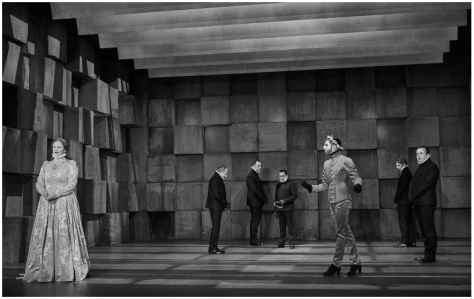Leipzig and Weimar mark part one of my Goethe pilgimage. (Wetzlar is soon to follow.) My friend Sarah (an American in Cambridge last year like me, and an American in Berlin at the moment) met me in Leipzig and was kind enough to indulge my author-themed itinerary. We spent a relaxed couple of days visiting Goethe-themed sights, with the occasional other author or composer thrown in.
Goethe in Leipzig
Leipzig has a positive mania for claiming famous figures as its own. And because Leipzig is a university town, it has a long list of Germans its can lay at least partial claim to: Leibniz, Lessing, Nietzsche, Angela Merkel, Schumann, Wagner, Mendelssohn, Bach, and, of course, Goethe. Despite the fact that Goethe only spent three years at university there and actually failed his exams, he’s well-commemorated. There’s a large, very shiny statue of him in a central square. But the best Goethe-related site in town is Auerbachs Keller. It’s the second-oldest restaurant in the city, dating back to the early 1400s. It was Goethe’s favorite wine bar during his student days, when it was already decorated with paintings from the story of Faust. He set a scene in his Faust I in the bar. Mephisto brings Faust here, impresses students with some magic involving an endless supply of wine, and rides off (with Faust) on a wine cask. Auerbachs Keller embraces its celebrity, with statues outside depicting scenes from Goethe’s play, Faust-themed paintings on all the walls, and a horribly cheesy wine cask with Mephisto and Faust dummies riding it.






